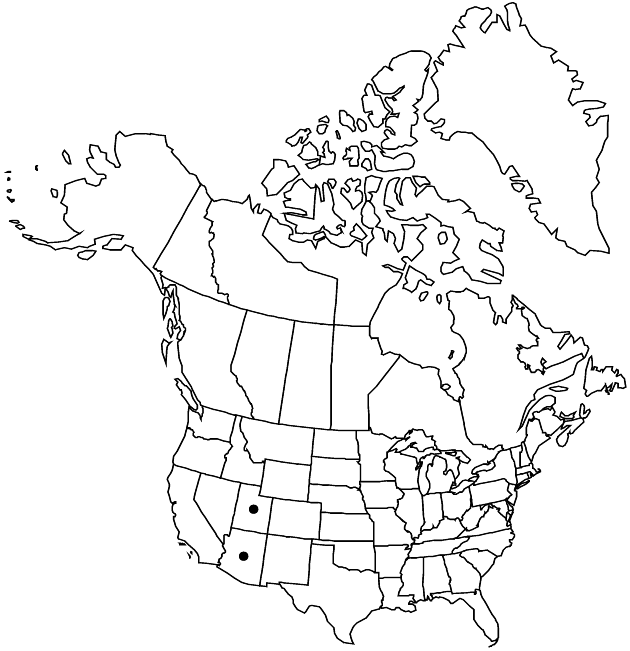Gaillardia parryi
Bull. Torrey Bot. Club 27: 512. 1897.
Endemic
Basionym: Gaillardia acaulis A. Gray Proc. Amer. Acad. Arts 10: 73. 1874,
Revision as of 20:54, 27 May 2020 by imported>Volume Importer
Perennials, 10–35 cm. Leaves mostly basal, sometimes to mid-stems; petiolar bases 3–5+ cm; blades elliptic-obovate to ± spatulate, 3–5+ cm × 5–25 mm, margins weakly lobed or entire, faces closely puberulent. Peduncles 10–30 cm. Phyllaries 22–26+, lance-attenuate, 9–12 mm, villous with jointed hairs. Receptacular setae 2–4 mm. Ray florets 8–14; corollas yellow, 14–17+ mm. Disc florets 50–100+; corollas yellow, tubes 1–1.2 mm, throats cylindric, 4–5.5 mm, lobes ovate, 0.7–1.3 mm, jointed hairs 0.3+ mm. Cypselae ± obpyramidal, 1–2 mm, hairs 1+ mm, inserted at bases and on angles and faces; pappi of 10 ovate to lanceolate, aristate scales 5–6.5+ mm (scarious bases 3–4.5 × 1–1.2 mm). 2n = 68.
Phenology: Flowering May–Jun(–Sep).
Habitat: Clays or sandy soils, often disturbed places, with sagebrush, pinyons, or yellow pines
Elevation: 1200–2000 m
Discussion
Selected References
None.
Lower Taxa
None.
